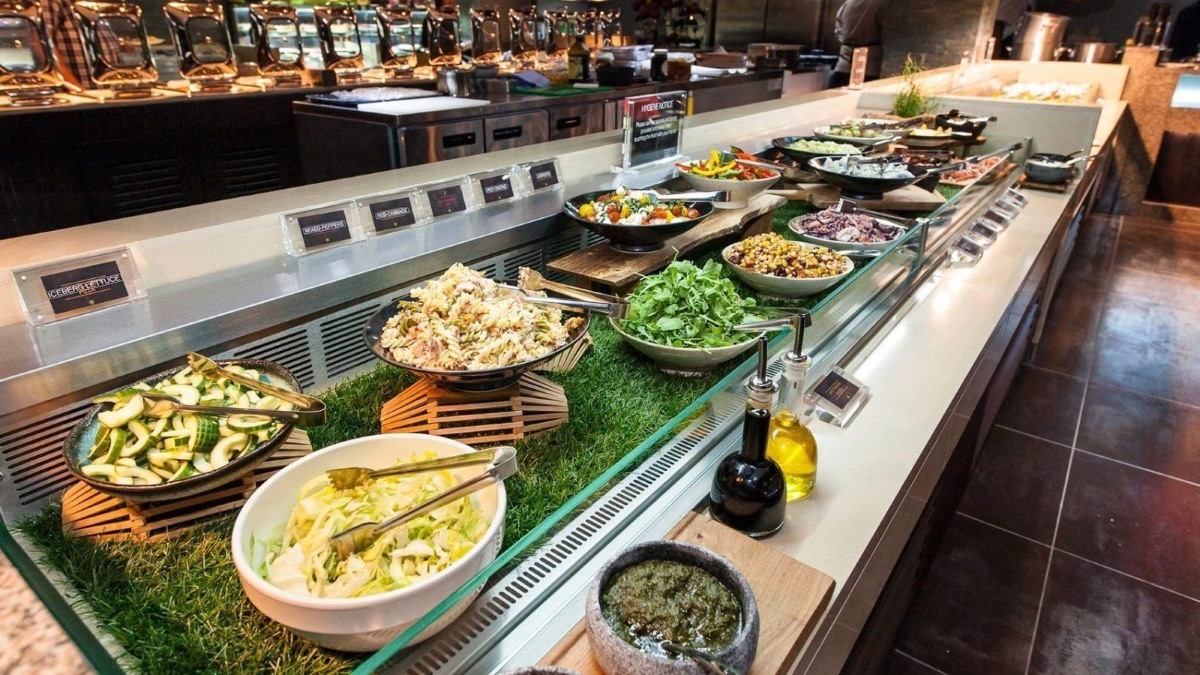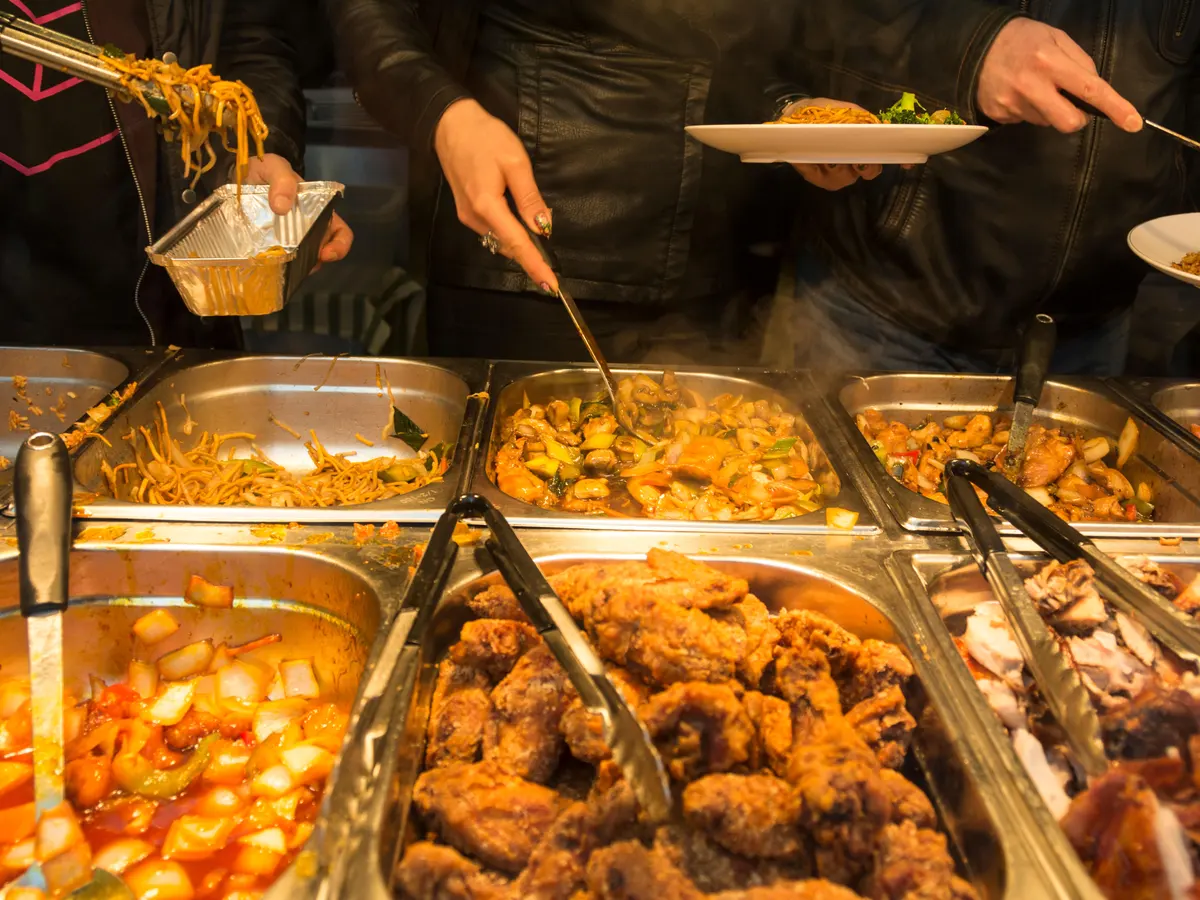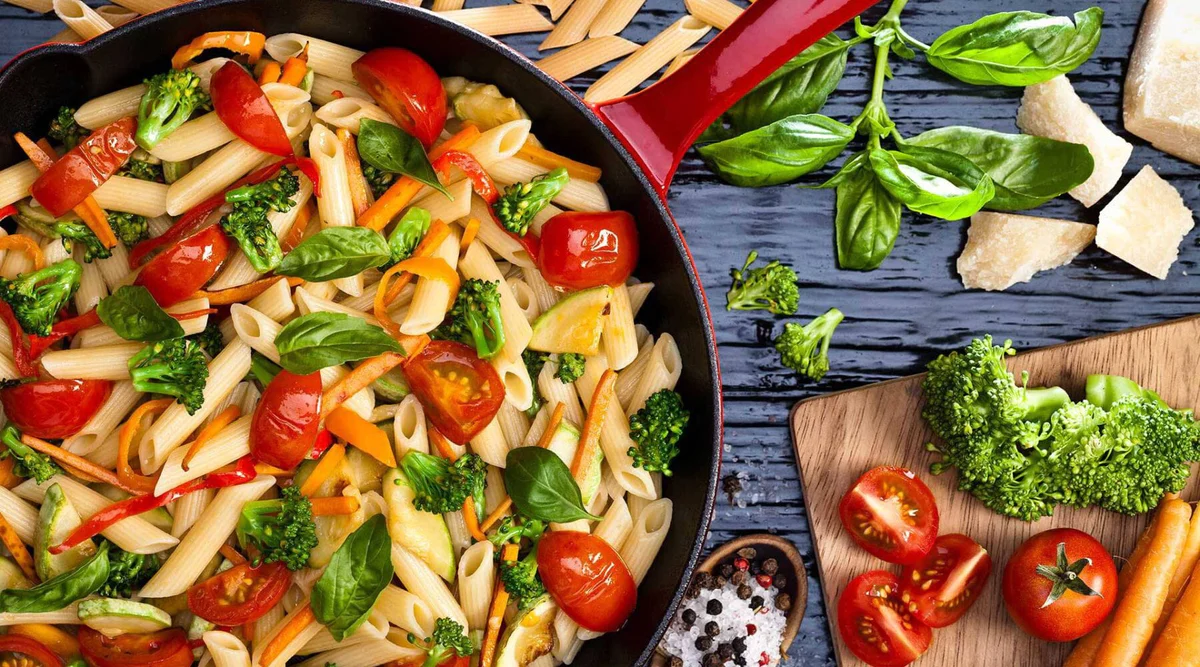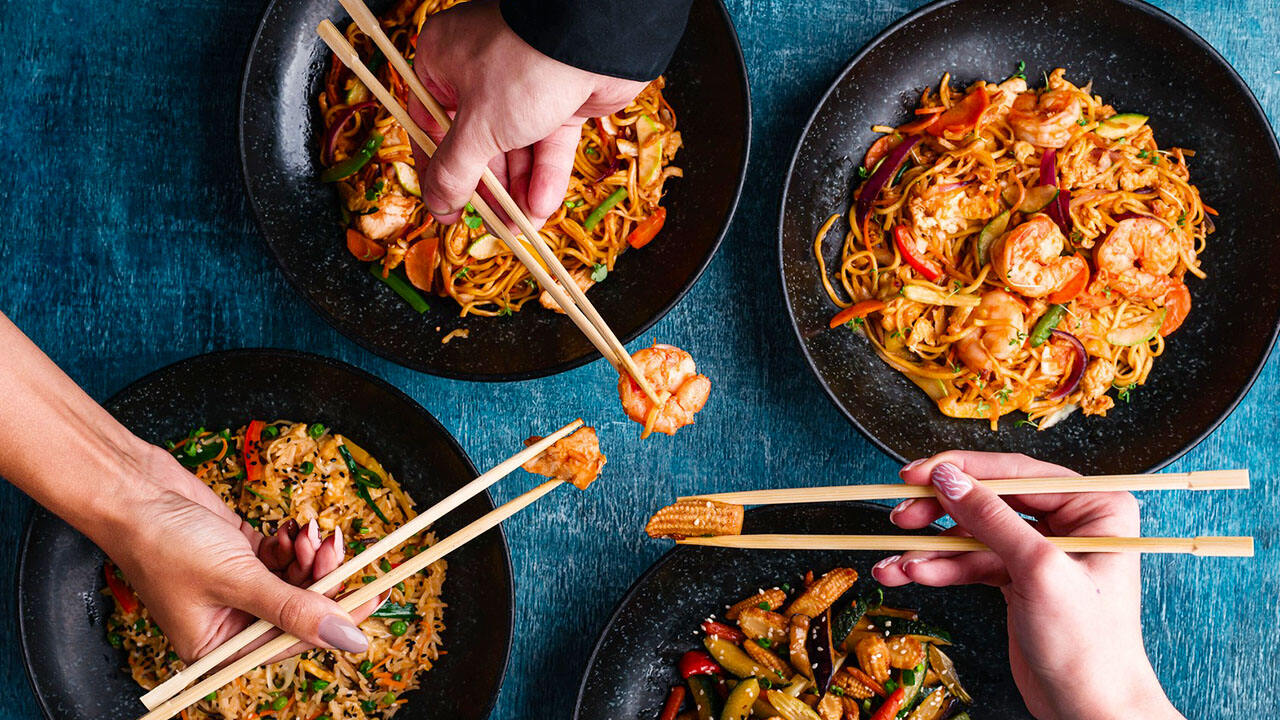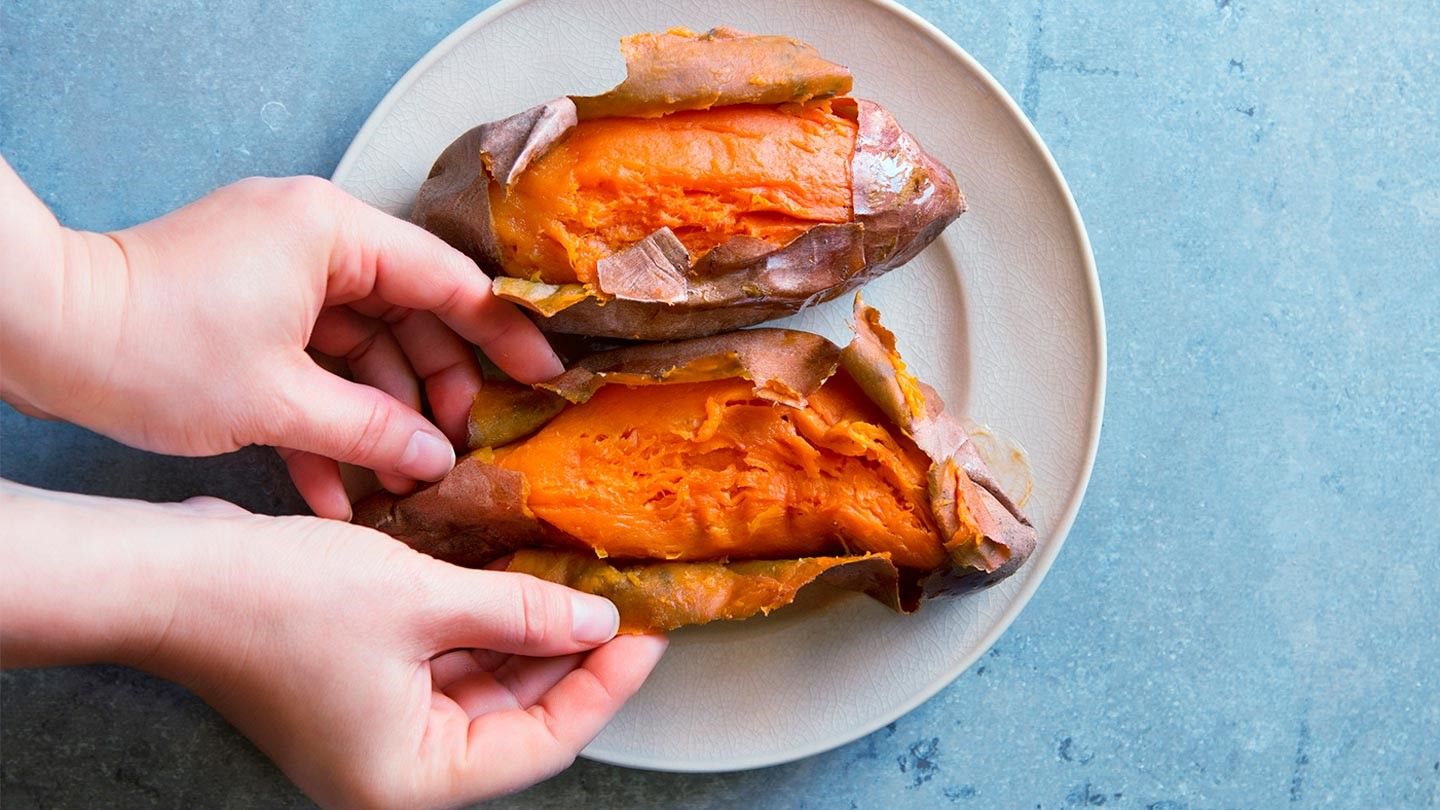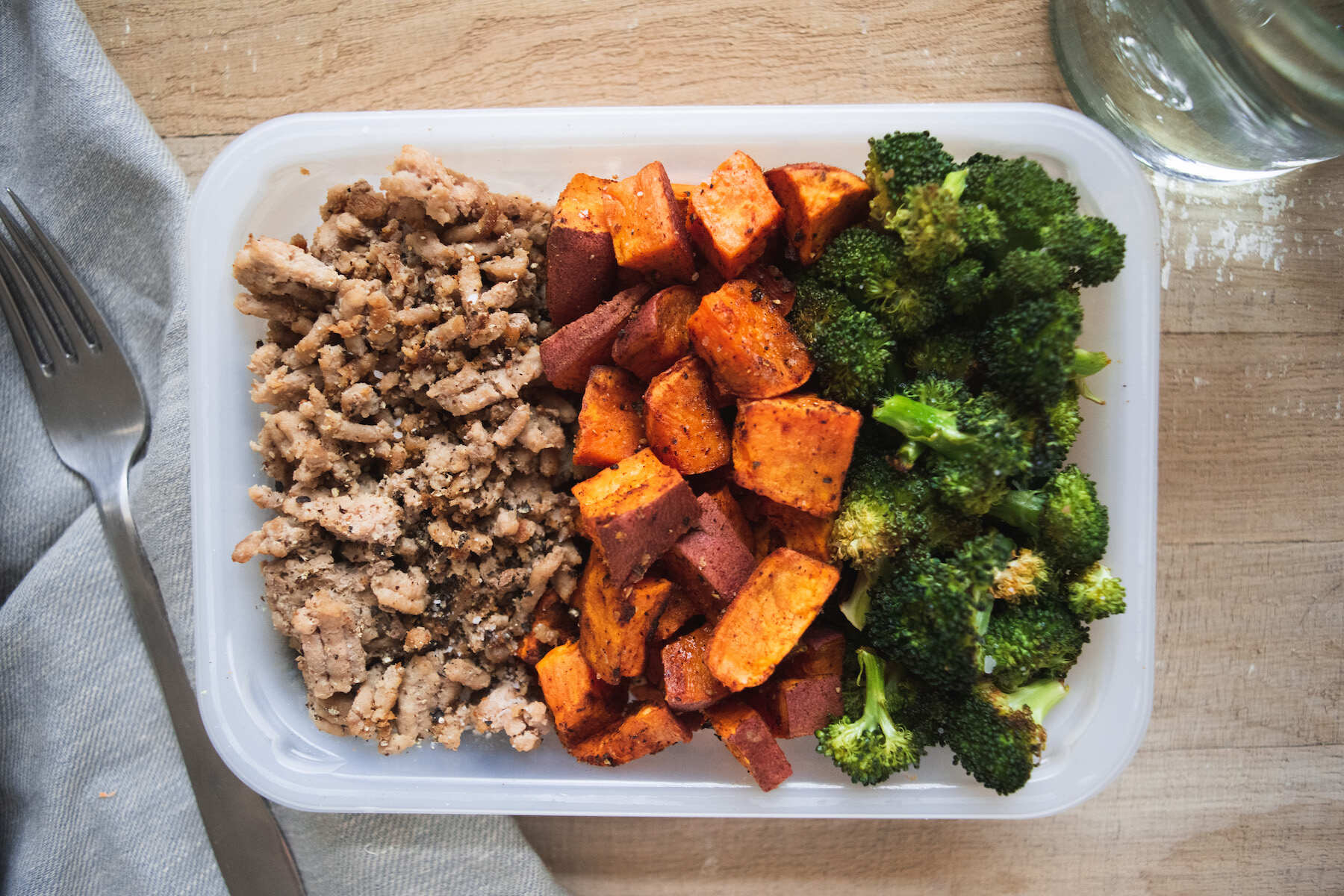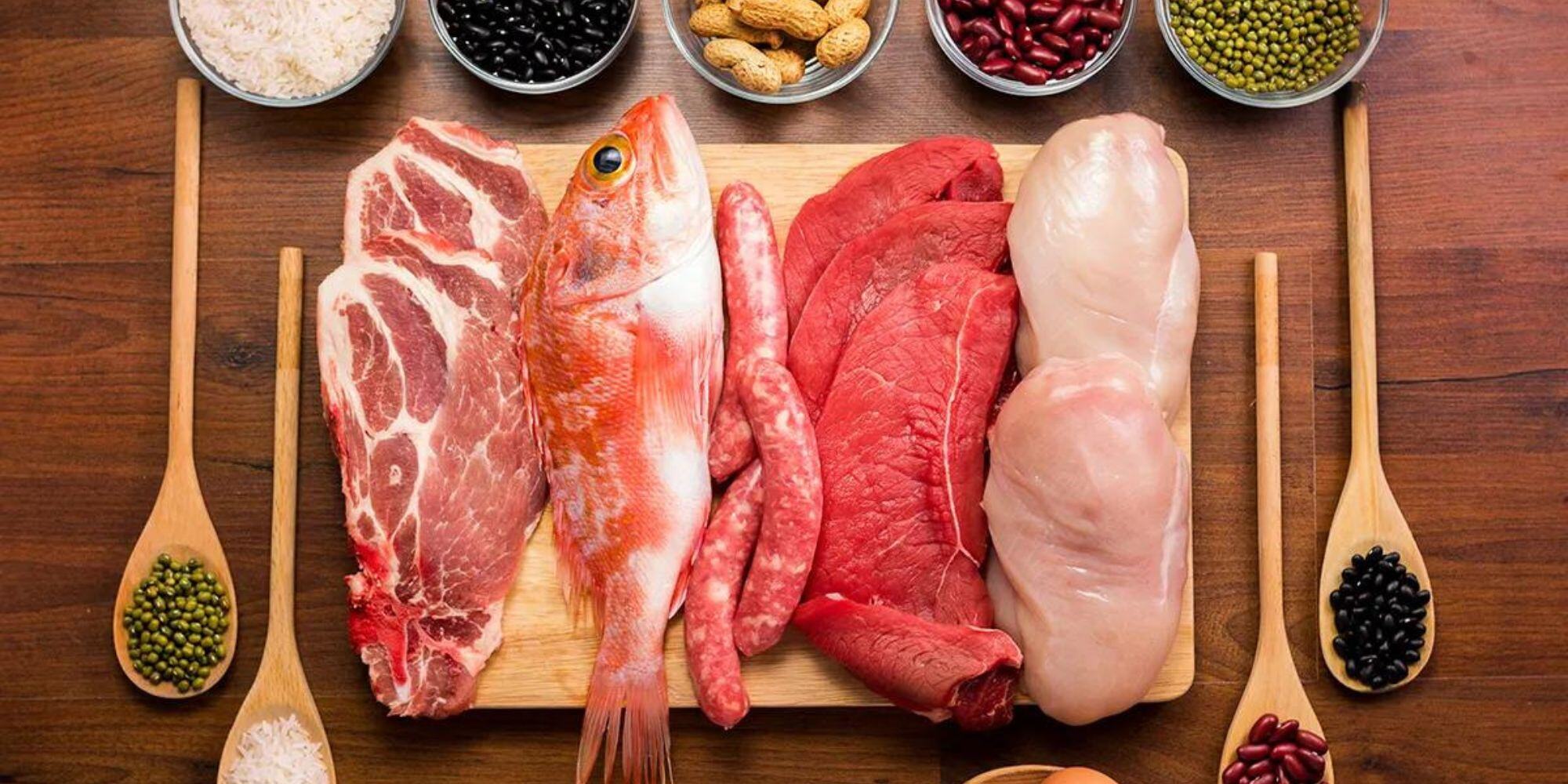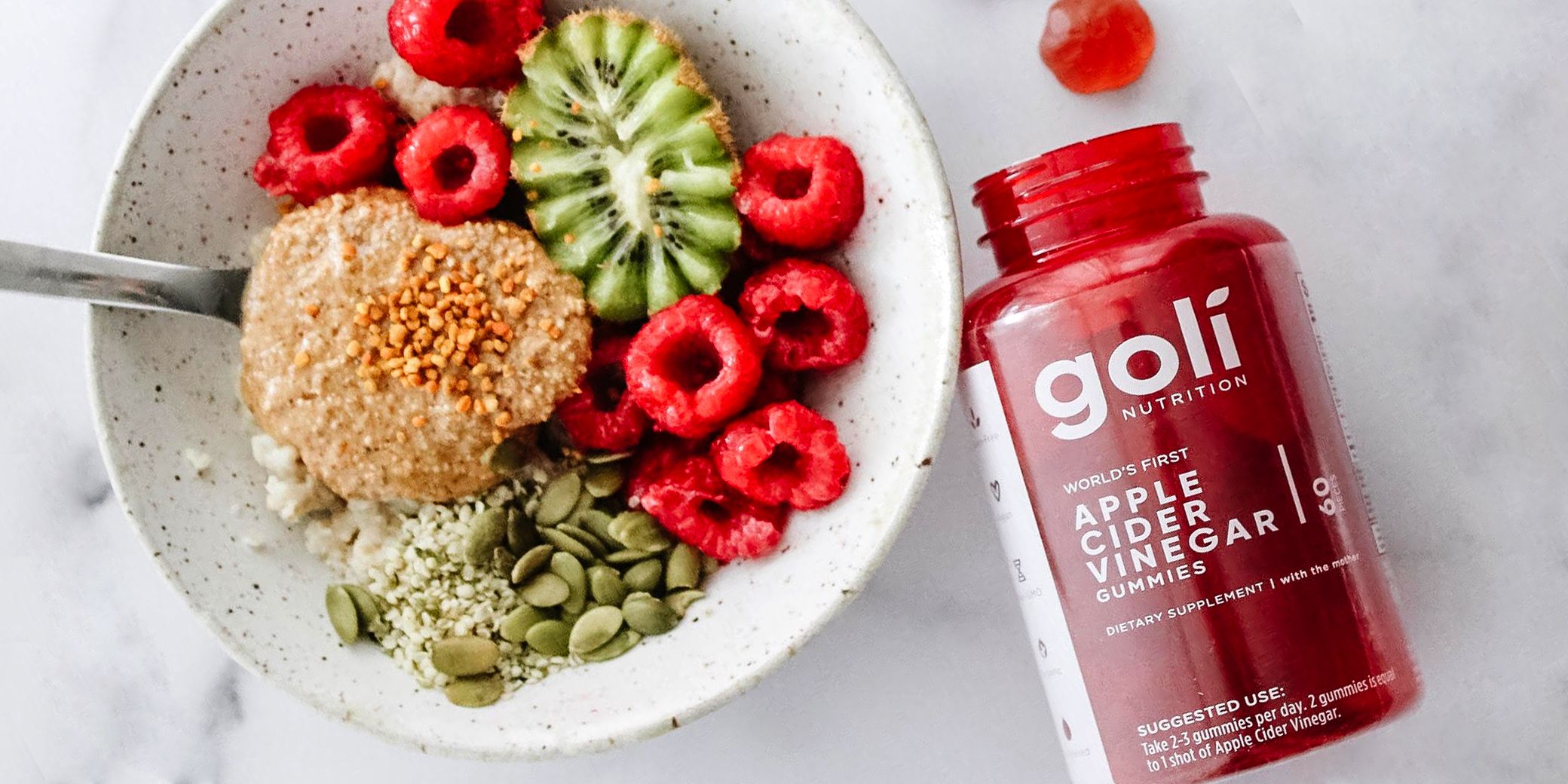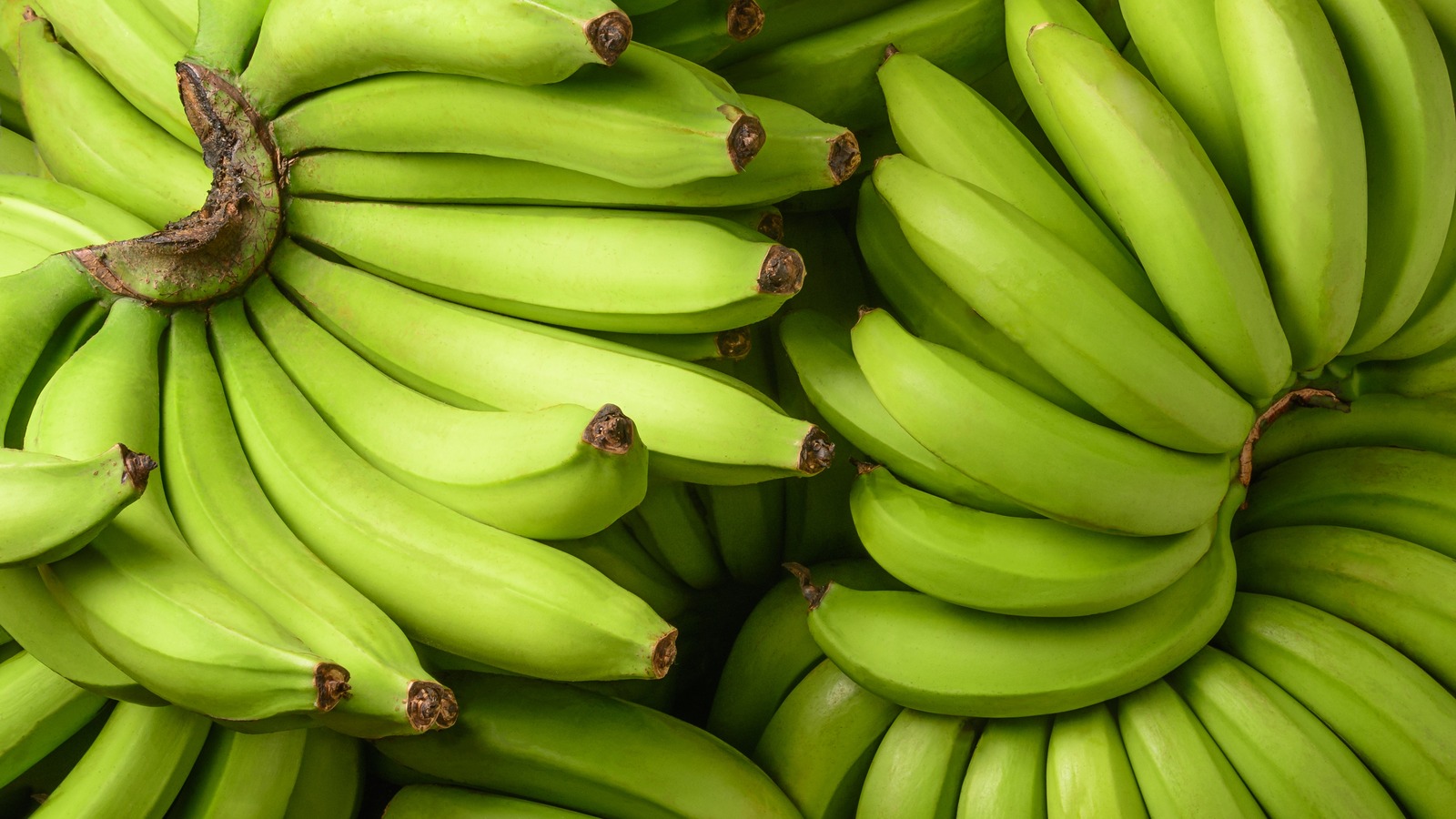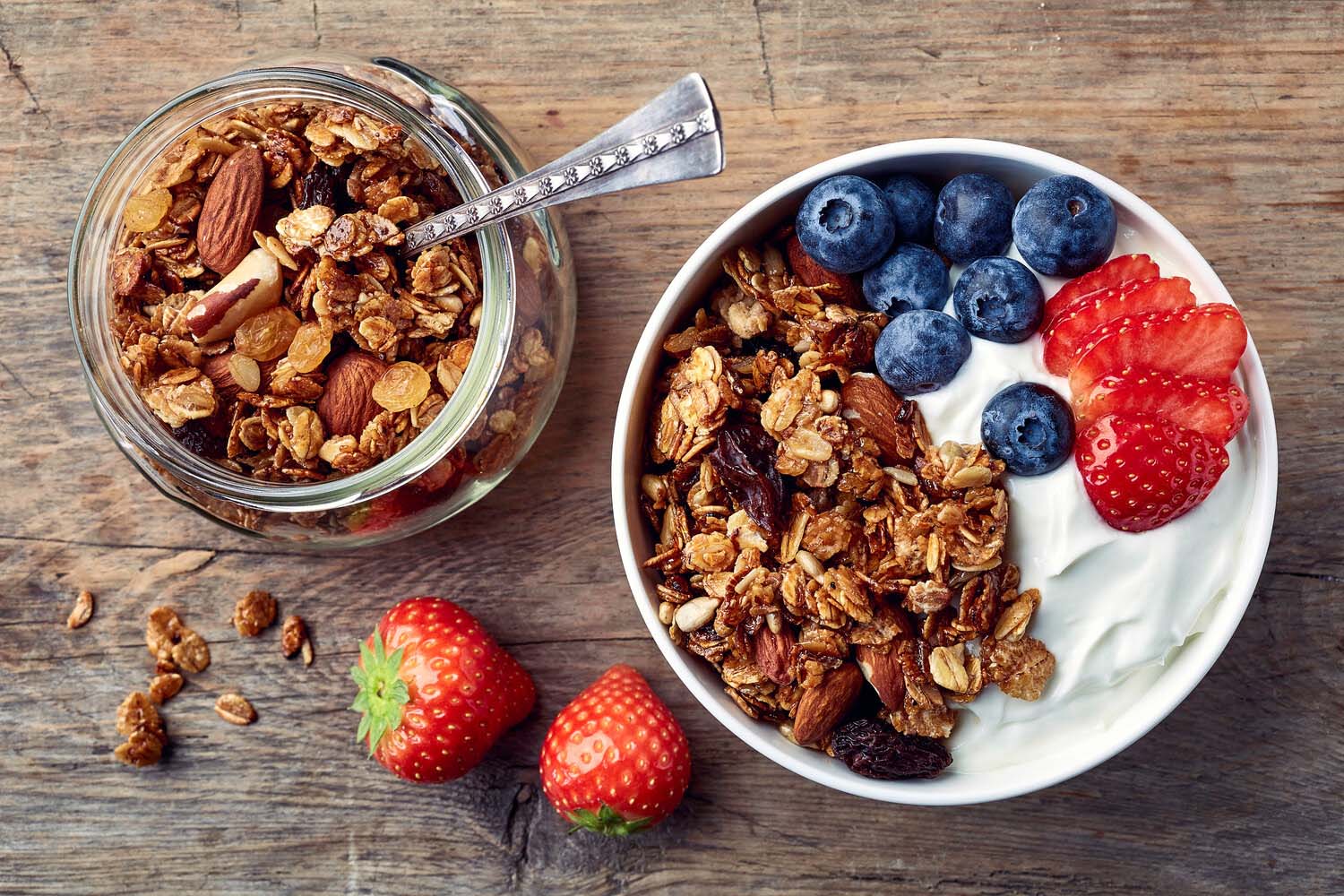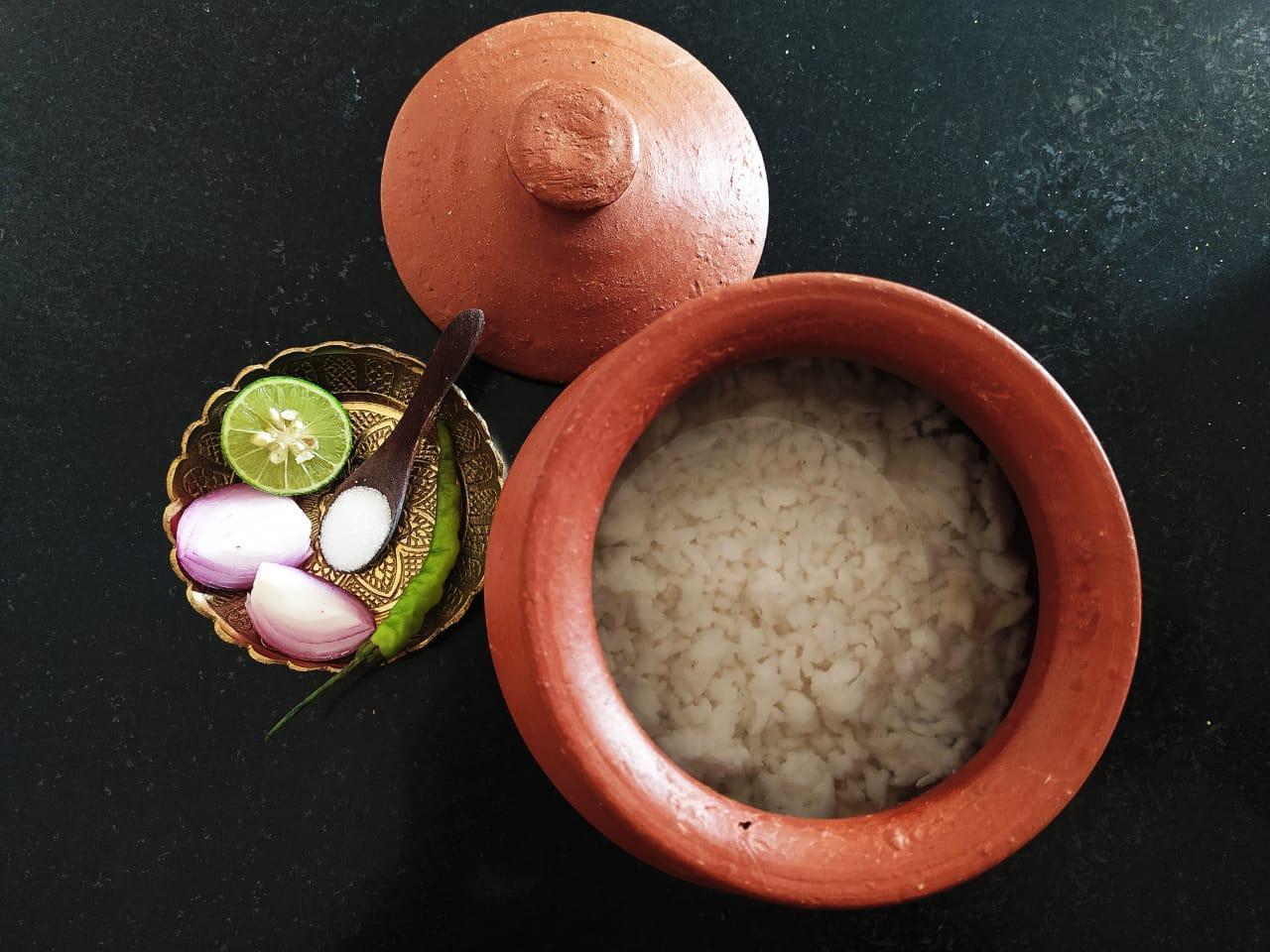Healthy Eating Tips for Small Portions
When it comes to maintaining a healthy diet, portion control is key. Whether you have a small appetite or are recovering from a medical procedure that limits your food intake, it’s important to make every bite count. Here are some tips for eating healthy when you can only consume very small portions:
1. Focus on Nutrient-Dense Foods
When your portions are limited, it’s crucial to choose foods that are packed with essential nutrients. Opt for foods that are high in protein, fiber, healthy fats, vitamins, and minerals. Some examples include:
- Lean meats such as chicken, turkey, and fish
- Legumes like lentils and chickpeas
- Fruits and vegetables
- Nuts and seeds
- Whole grains such as quinoa and brown rice
2. Eat Small, Frequent Meals
Instead of trying to consume large meals, aim to eat smaller, more frequent meals throughout the day. This approach can help you meet your nutritional needs without feeling overwhelmed by large portions. Try to eat every 2-3 hours to keep your energy levels stable and prevent hunger.
3. Stay Hydrated
Drinking enough water is essential, especially when you’re eating small portions. Hydration is important for digestion, nutrient absorption, and overall well-being. Aim to drink at least 8 glasses of water per day, and consider consuming hydrating foods like cucumbers, watermelon, and broth-based soups.
4. Choose Calorie-Dense Foods
When you have limited space for food, it’s beneficial to choose calorie-dense options that provide a significant amount of energy in small portions. Examples of calorie-dense foods include avocados, nuts, dried fruits, and nut butters. These items can help you meet your caloric needs without having to consume large volumes of food.
5. Listen to Your Body
Pay attention to your body’s hunger and fullness cues. Since you’re eating small portions, it’s important to be mindful of when you’re truly hungry and when you’ve had enough to eat. Avoid distractions while eating, and take the time to savor each bite.
6. Consult with a Dietitian
If you’re struggling to meet your nutritional needs due to limited portions, consider seeking guidance from a registered dietitian. A dietitian can help you create a personalized eating plan that ensures you’re getting the right balance of nutrients within your caloric constraints.
By focusing on nutrient-dense foods, eating small, frequent meals, staying hydrated, choosing calorie-dense options, listening to your body, and seeking professional guidance, you can maintain a healthy diet even when you can only eat very small portions.
Remember, it’s not just about the quantity of food you eat, but the quality that matters most when it comes to nutrition.
Recipes and Further Applications of the Guide
For those adjusting to a diet of small portions, the array of recipes provided can be both inspiring and practical. Try the Quinoa and Black Bean Salad for a fiber-rich meal that's easy on the stomach yet filling. The Grilled Salmon with Avocado Salsa is another excellent choice, offering lean protein and healthy fats that are essential for nutrition without overloading your digestive system. If you're looking for a breakfast option, the Avocado Toast with Poached Egg combines simplicity with richness, making it a delightful, nutrient-packed start to your day. Each recipe is designed to be nutrient-dense, ensuring you get the maximum health benefits from each small portion.
